

Internet games use the cyber world technology for playing. Games are extremely popular and constantly evolving.
There are:
• Games played using e-mail.
• Games played on a browser window by using a web address.
• Games played using Internet Relay Chat, Telenet, MUD client, or a Web based forum.
• Games that are graphic need stand-alone software that permits players to play with or against one another using an Internet connection.
The first game, MUD, was developed in 1978, and the market has burgeoned since then.
To play, one needs:
• A reliable Internet connection.
• A personal computer or game console.
• Selected software required by specific games.
One can play simple board games like scrabble, or bingo, or games like poker, mahjong, and pool. Another popular category is simulation games—these imitate real-life situations and cover aspects like combat, city planning, strategies, as well as flight simulation.
For serious gaming the computer performance must be optimized. This can be done by:
• Running the disk defragmenter and organizing the computer files. This should ideally be done once a month at least.
• Correct folder and file errors by using scandisk—use once a week and the computer will give trouble free performance.
• Clean your hard drives—get rid of Internet files, temporary files, as well as files in the trash/recycle bin. Clear the cache and uninstall programs that are not in everyday use.
• Update the operating system software. Download any new security patches. Keep video drivers updated.
• Clear space on the hard drive—store files on a back up system.
• Clear any spyware you have inherited from websites.
• Minimize number of programs running—when playing a graphic intensive game if there are too many programs running simultaneously the graphics will become choppy and game will be slow.
• Delete add on game files—wall papers and other paraphernalia will just clutter the computer.
• Run an anti-virus program regularly but disable it when you are loading/playing games. Antivirus programs slow down games.
• Always shut down the computer properly.
The Internet allows gamers to compete with people across oceans, on the other side of the world and anywhere in the universe. Some use PCs while others use consoles. What you use is a personal choice and depends on issues like costs and so on.
Before you buy a game you must:
• Consider “system requirements” – some games can run on systems that are not exact others need specific hardware.
• Find out if the game is single player or multi-player. Many games need the Internet—and, the broadband connection is more efficient than the dial-up connection. Many like Xbox Live only work on a broadband connection.
• Find out if the game can be played using a mouse/keyboard or whether it will need a full-featured joy stick.
Be wise and try a demo before making an actual purchase. Playing a demo benefits the player as well as game developer. Many online games offer free trial periods —beta testing is a great opportunity to find out if the game suits your taste as well as pockets.
Do your research thoroughly—usually there are several games competing for players within a genre. Read game reviews before taking the final step.
Paul Wilson is a freelance writer for http://, the premier website to play thousands of free online games including arcade games, action games, card games, flash games, strategy games, puzzle games and more. He also freelances for http://
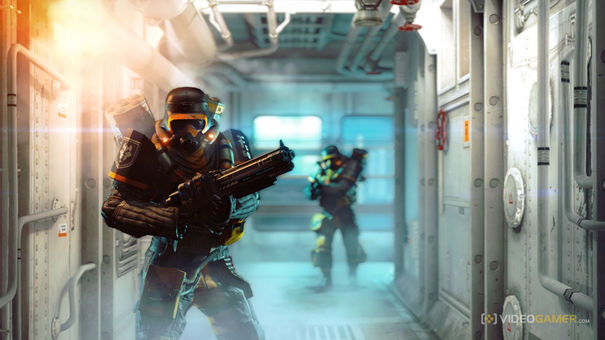
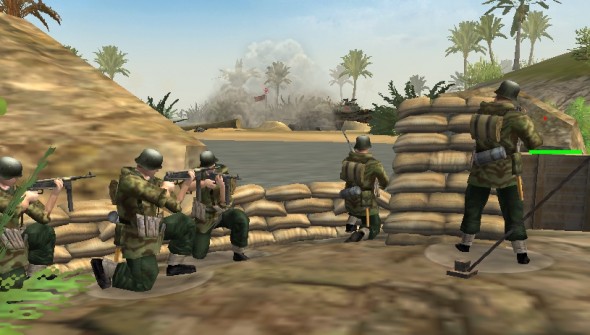
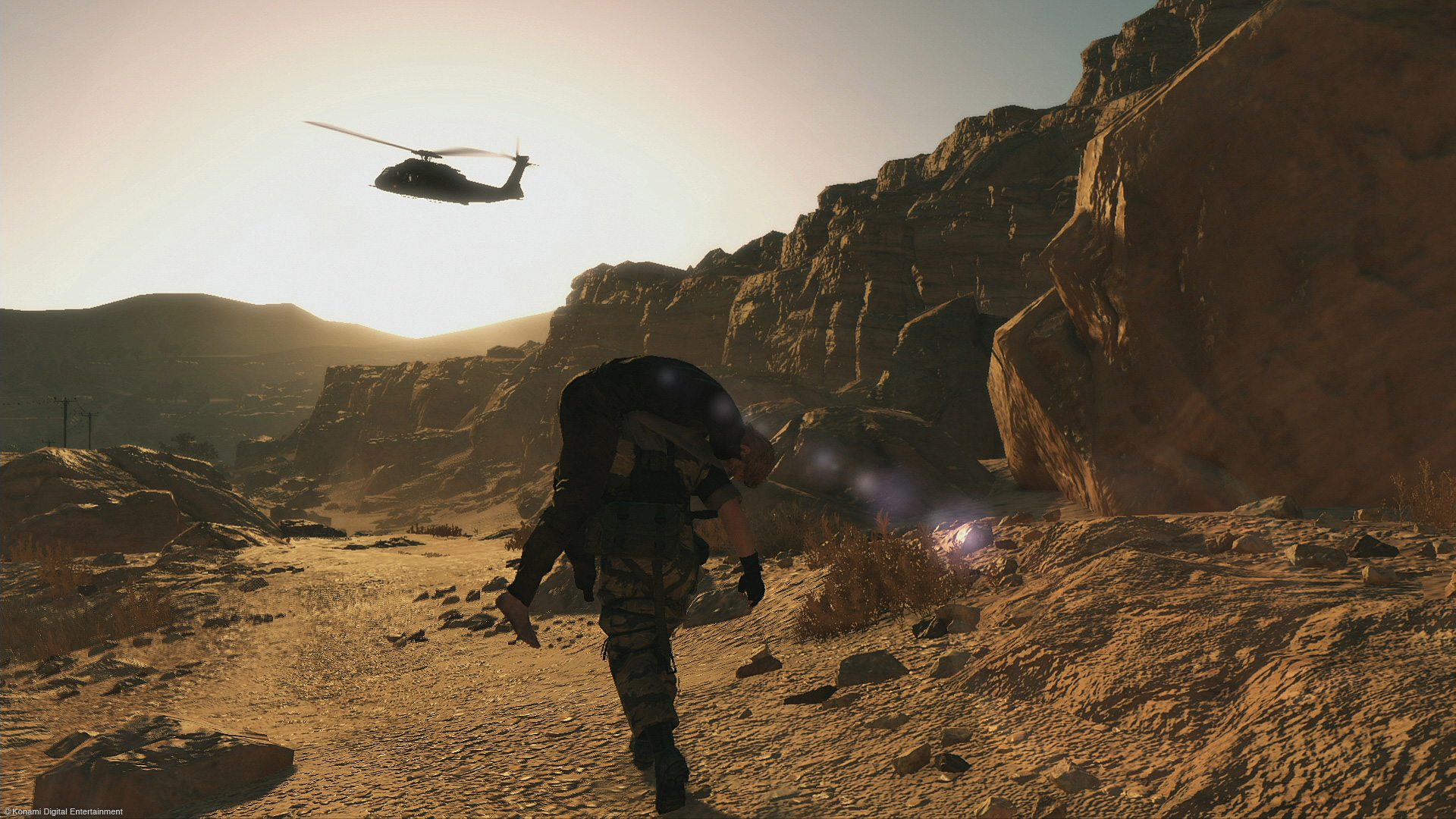

 Fire Emblem: Awakening Guide - Paralogue 2: The Secret Seller Guide - GamersHeroes
Fire Emblem: Awakening Guide - Paralogue 2: The Secret Seller Guide - GamersHeroes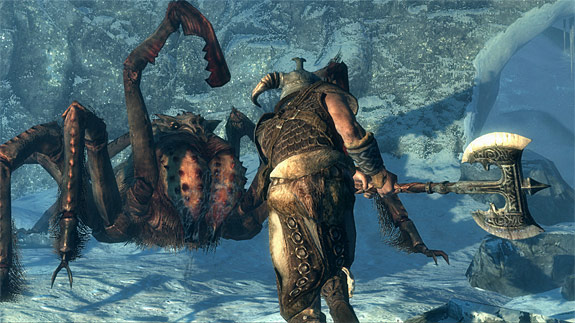 The Elder Scrolls V: Skyrim Cheats, Tricks, Glitches, and Exploits
The Elder Scrolls V: Skyrim Cheats, Tricks, Glitches, and Exploits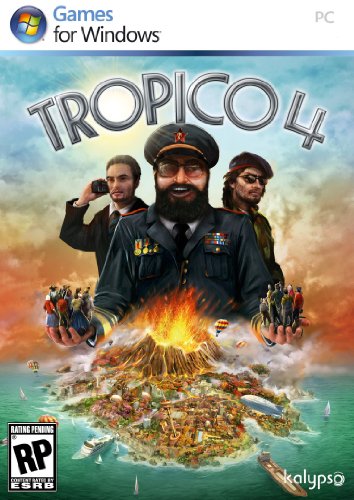 Tropico 4 for the PC Review
Tropico 4 for the PC Review Star Wars: The Old Republic Datacron Locations - Ord Mantel
Star Wars: The Old Republic Datacron Locations - Ord Mantel Final Fantasy XIII-2 Faeryl Boss Walkthrough
Final Fantasy XIII-2 Faeryl Boss Walkthrough